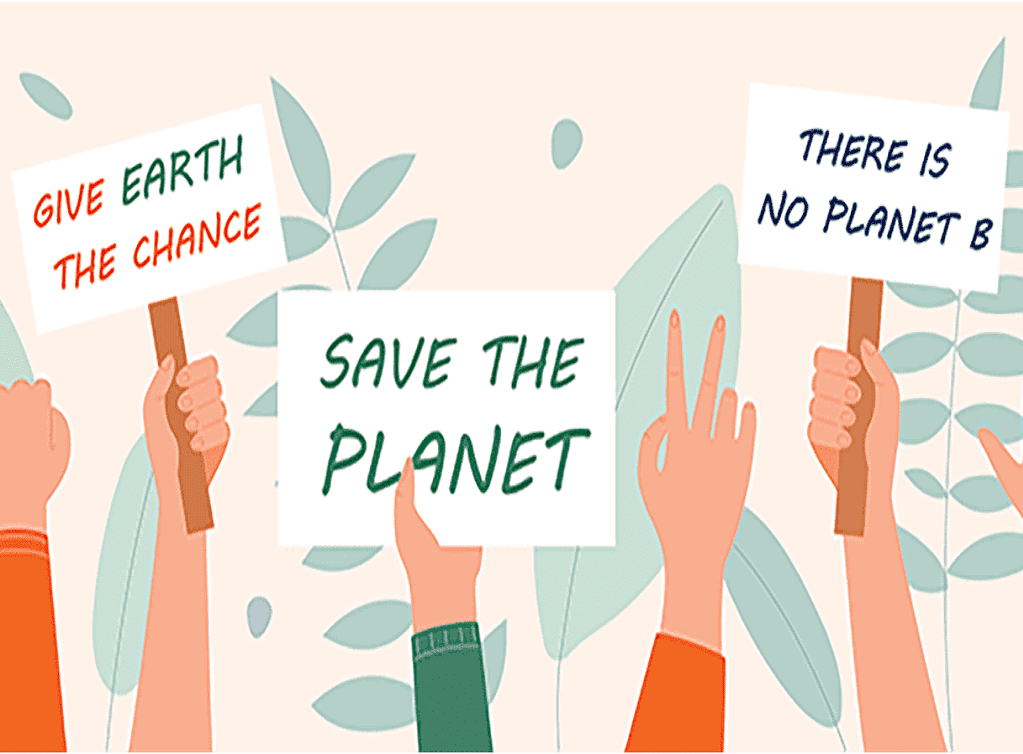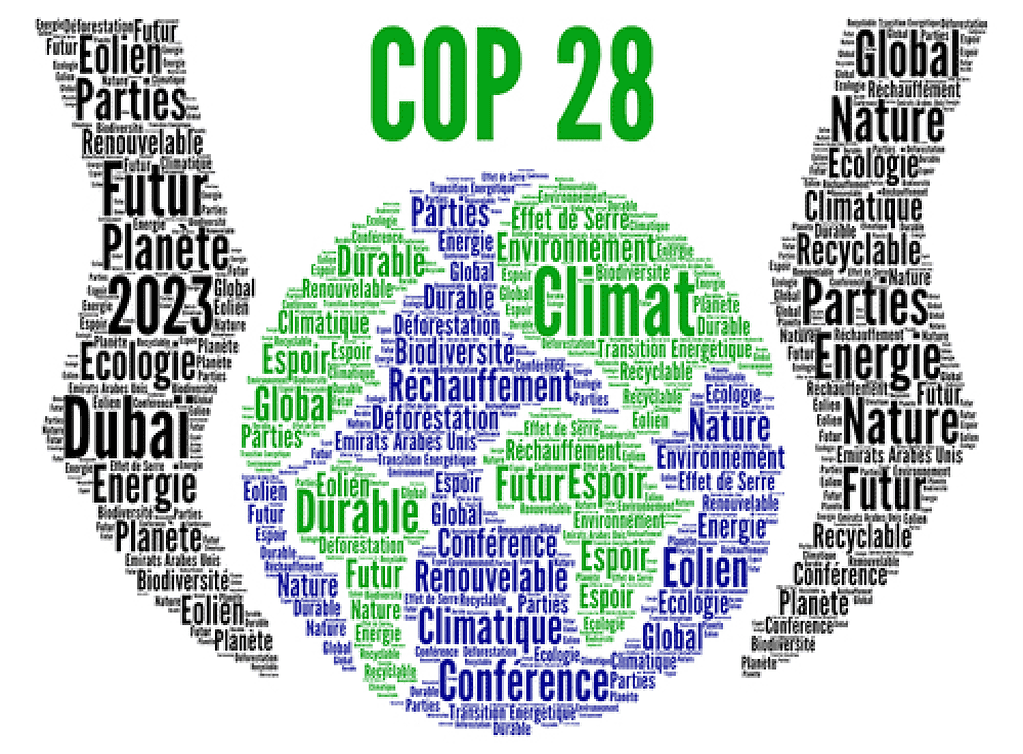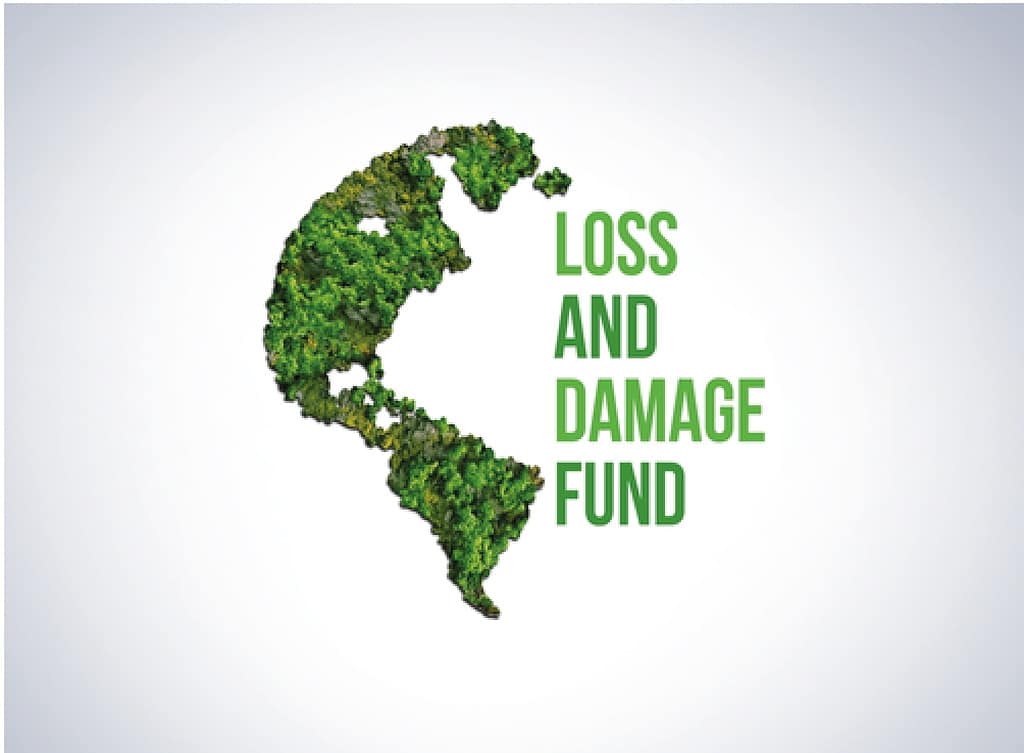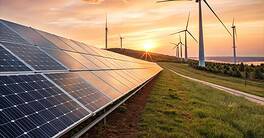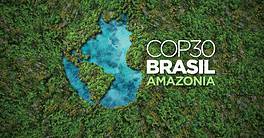When 195 countries signed up to the Paris Agreement in 2015, it seemed the world was finally taking climate change seriously. The commitment to taking the measures necessary to limit the increase in the mean global temperature to a maximum of 1.5 degrees above preindustrial levels seemed a turning point in the fight against climate change.

Like all such commitments, the Paris Agreement is only as good as the actions taken by its signatories. With concerted effort required to ensure that nations take action to fulfil the commitment, it is vital that all countries who signed up are making progress.
Taking stock of progress
And that is where the Global Stocktake comes in. Designed as a way for countries to keep track of the progress they are making towards restraining climate change, it acts as an essential part of the process. Every five years, the stocktake gives a snapshot of where we are and what we need to do to make sure we are taking care of our world.
Looking at progress is one thing, though. Making sure that the report is acted on is another. As UN Climate Change Executive Secretary Simon Stiell has said: “The global stocktake will end up being just another report unless governments and those that they represent can look at it and ultimately understand what it means for them and what they can and must do next. It is the same for businesses, communities and other key stakeholders.”
Work began on the current global stocktake at COP26 in Glasgow. The first report will take place at this year’s conference, COP28 in Dubai. There are three parts to the stocktake: information collection and preparation; technical assessment; and consideration of outputs.
A roadmap for change
Speaking at the opening of Abu Dhabi Sustainability Week, Stiell said: “The Global Stocktake (GST) must be a tool which gives us a roadmap. One which can guide us sector by sector, region by region, actor by actor on what surgical interventions must take place to align ourselves with a resilient 1.5-degree Celsius world. It must speak to where further action is required in a practical, useable way.”
As it stands, the omens do not look good. A recent World Meteorological Organization report indicated that the world may well temporarily exceed the 1.5-degree target in the next five years. “The chance of global near-surface temperature exceeding 1.5°C above preindustrial levels for at least one year between 2023 and 2027 is more likely than not (66%).”1
Although this increase is likely to be temporary, the stark fact is that global mean temperatures are likely to exceed the 1.5-degree threshold in the near future unless we take decisive action.
Nationally Determined Contributions (NDCs) will play a big part. An essential component of the Paris Agreement, these outline the actions each country is taking to combat climate change. Specifically, they show how nations are acting to reduce greenhouse gas emissions, not only of carbon dioxide but also nitrous oxide and methane, amongst other harmful gases. The Global Stocktake in 2023 will be the first year that progress on NDCs has been assessed. That progress will determine the next steps for setting and implementing NDCs.
The stocktake will provide a crucial opportunity to measure how the world is progressing in its efforts to achieving the goals set out in the UN’s 2030 Agenda for Sustainable Development. Adopted in 2015, the agenda sets out the challenges that the world needs to meet if we are to mitigate the worst effects of climate change.
A commitment to human rights
But the agenda goes much further than climate. The UN says it is “explicitly grounded in the Universal Declaration on Human Rights” and seeks to build a world that offers prosperity and climate security to all.
Just how far the world has come in achieving these goals remains to be seen, but the signs are not good. In an address to the Sixth Forum of the Countries of Latin America and the Caribbean on Sustainable Development in Santiago earlier this year, UN High Commissioner for Human Rights, Volker Türk, said: “We are now past the halfway mark to 2030, but we are lagging drastically behind. Human rights reversals are accelerating in many countries, particularly as the consequences and aftershocks of the COVID-19 pandemic continue to be felt.”
Whether the world can turn this around and start making progress on the agenda and the Global Stocktake remains to be seen.
1. https://hadleyserver.metoffice.gov.uk/wmolc/WMO_GADCU_2023-2027.pdf
Sponsored by:

RACE TO ZERO PARTNER SERIES
